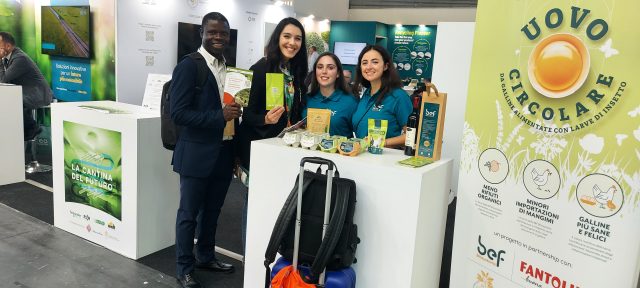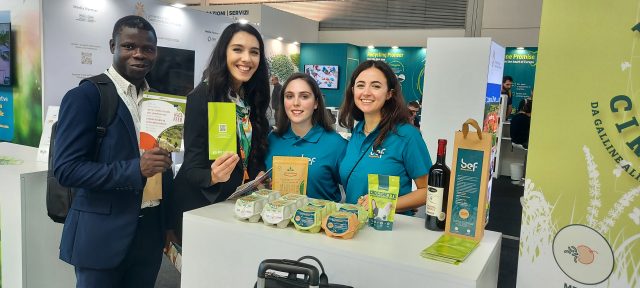


During this Action a thorough search in the LIFE database will assist the task of networking the know-how acquired by LIFE MiCliFeed with the knowledge gained by other LIFE projects. This activity will be implemented in parallel to the dissemination strategy in Action E1. Networking with other relevant LIFE projects or none-LIFE projects is important mainly for 2 reasons: Information and data may be received by other relevant projects that potentially could be useful for the conceptual design and/or the implementation of specific Actions of the MiCliFeed project. It will promote the diffusion of LIFE MiCliFeed extracted results to the scientific community.
Communication will be established with the beneficiaries of these projects in order to create a common ground for knowledge sharing and enhancement of the dissemination of all projects to the larger audience possible. All networking activities will be reported in the respective deliverables. Communication of the project results and knowledge sharing with other scientific teams of other projects in the broader area will be continued after-LIFE.
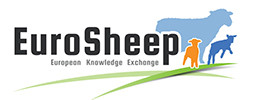
EuroSheep is a thematic network about dairy and meat sheep productions. The objective of EuroSheep is to exchange existing knowledge between farmers and stakeholders at all stages of the supply chain in EU and Turkish sheep production and it will focus on 2 main themes: flock health management and nutrition management, based on the industry’s current needs, to improve flock profitability.


Demonstration and dissemination actions to reduce the carbon footprint in European sheep farming.
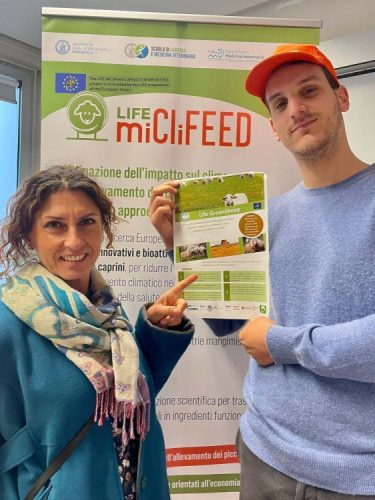
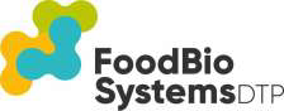
Brief description of the project: Evaluate the nutritive value of different agro industrial by-products and assess their potential to 1) improve nitrogen use efficiency in dairy cows; 2) improve milk quality and 3) reduce methane emissions. The main objectives of this work are: to evaluate the nutritive value of different by-products, to assess in vitro their effect in rumen fermentation, to optimize the ensiling process, to assess their inclusion effect in the diet of diary cattle, to reveal how rumen microbes influence metabolic pathways related to N use efficiency and milk quality, and to assess the overall environmental concequences.
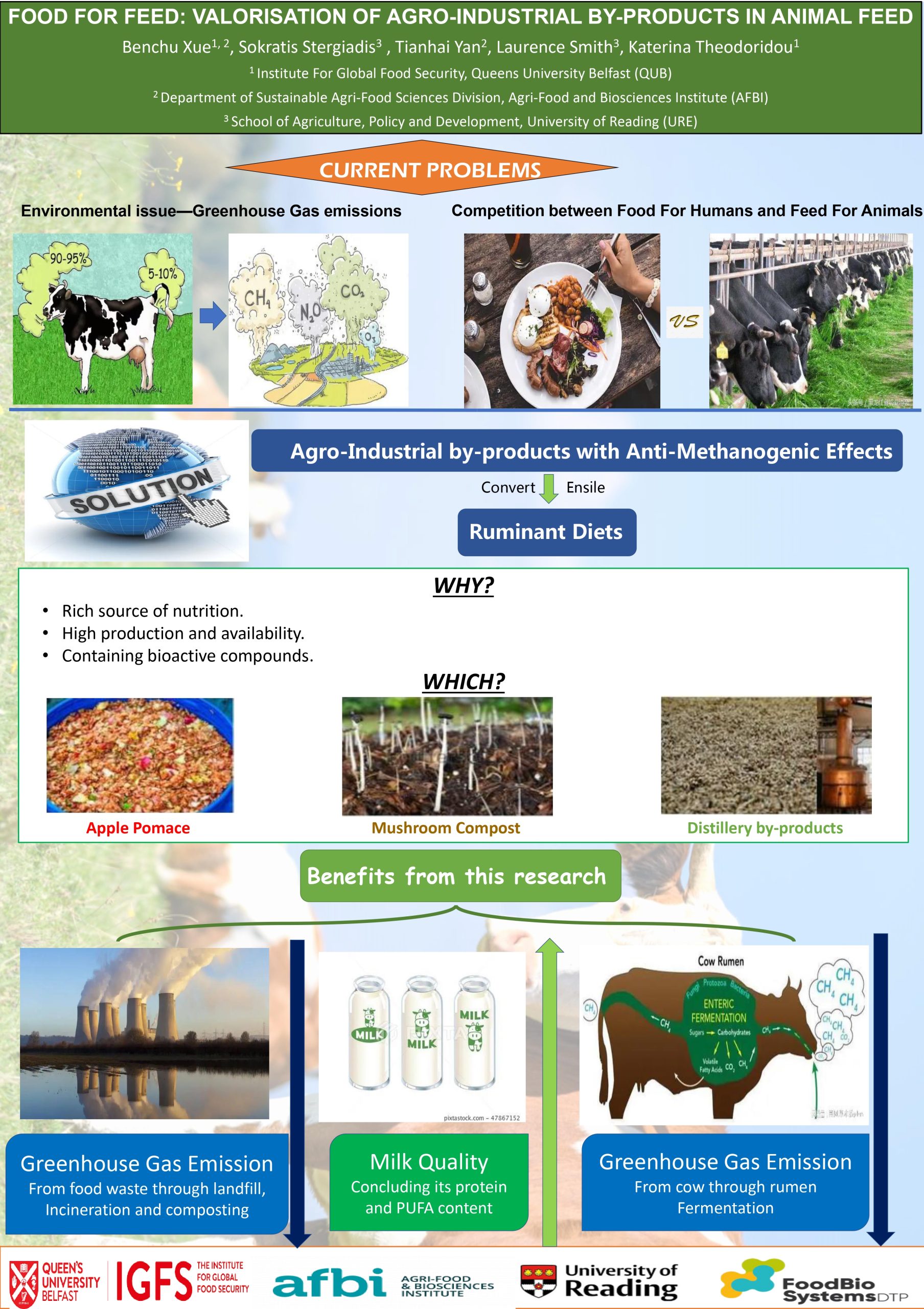
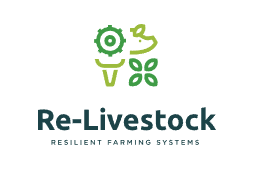
Brief description of the project: The overall objective of Re-Livestock is to understand and mobilize adoption of innovative practices, applied cross-scale (animal, herd/farm, sector and region), to reduce the greenhouse gas (GHG) emissions of livestock farming and to increase the capacity for dealing with climate change impacts, in order to ultimately increase the overall resilience of the livestock sector.

Project’s main object is to implement actions to promote food waste prevention and development of local/regional alliances for Agro-Food Waste Management in the context of circular economy.
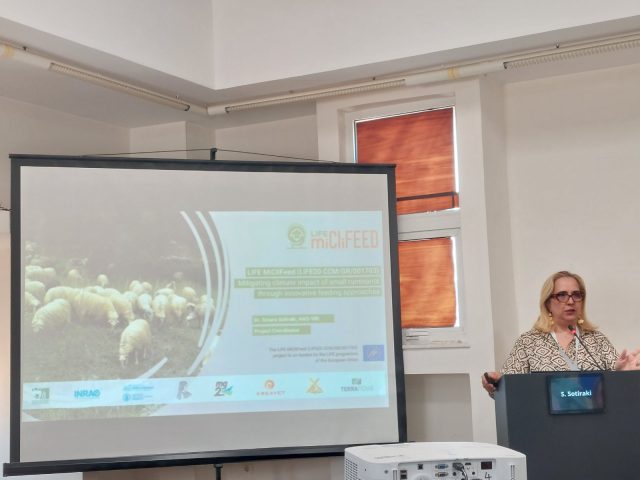

Brief description of the project: SPARC aims to develop a European, multi-actor Community of Practice of sustainable worm control strategies in ruminants to curb anthelmintic resistance and aid in the green transition of European agriculture. In particular, SPARC works with farmers, veterinarians and other stakeholders to promote sustainable worm control strategies, such as better pasture management, use of bio-active forages and targeted treatments based on diagnostics. SPARC’s goal is to reduce reliance on drugs and minimize environmental impact. It also focuses on understanding and overcoming barriers to adopting the sustainable practices. By creating tailored solutions and sharing best practices across Europe, they aim to foster a lasting community dedicated to improve worm control and support the green transition in agriculture.
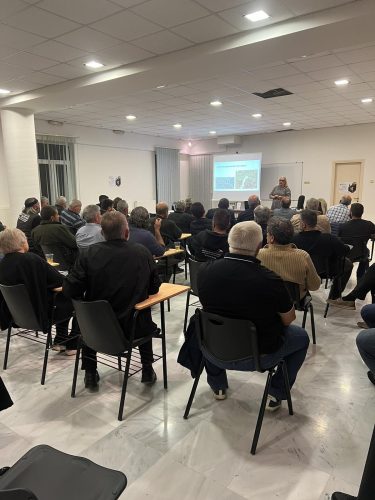
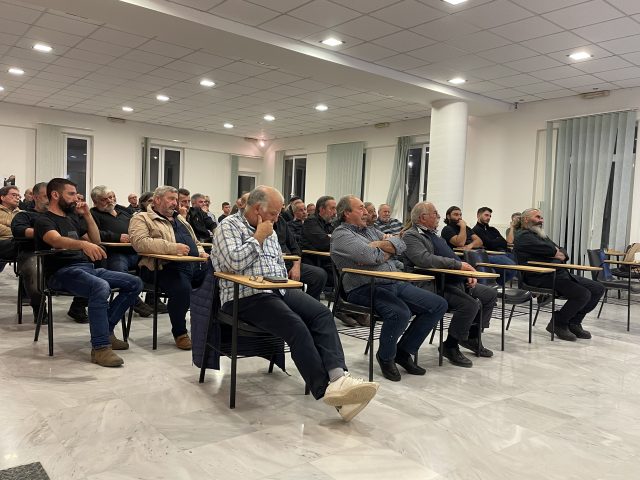
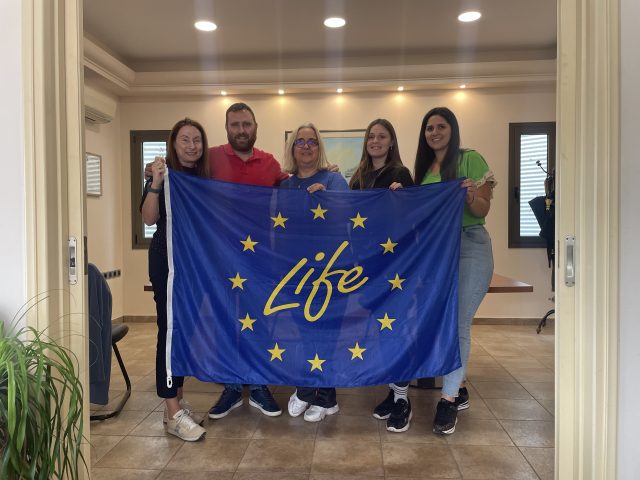
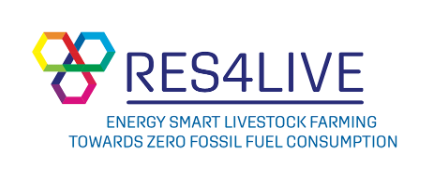
RES4LIVE: Energy smart livestock farming towards zero fossil fuel consumption
HORIZON PROJECT 2020 (17 partners, 8 EU countries and 4 pilot farms)
PROPOSED SOLUTION: RES4LIVE will be the first attempt for 100% replacement of the fossil fuel consumption in the industrial livestock farming sector, with the aid of cost-effective, innovative RES (Renewable Energy Sources technologies) and Smart Control technologies.
DURATION: October 2020-September 2024
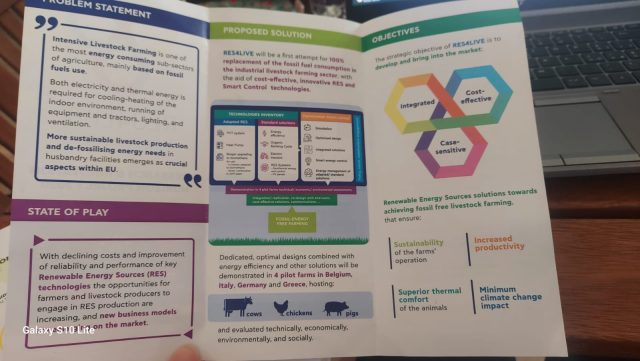
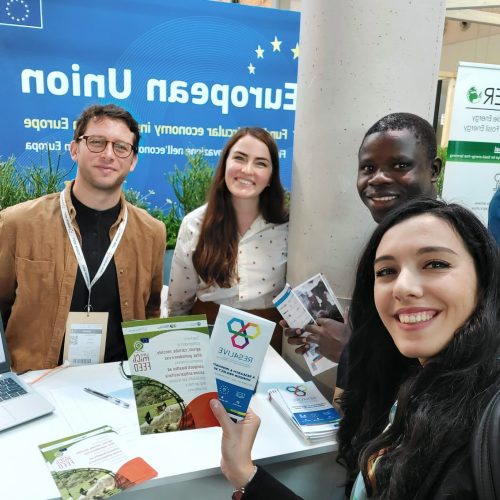
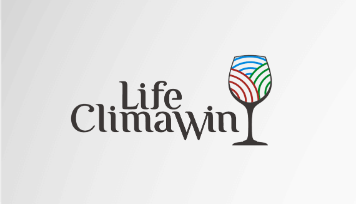
Brief description of the project: The project focuses on taking actions to reduce the negative impacts of climate change and to find more sustainable ways of producing wine. These actions include changing the type of cultivation, improving long-term organic carbon stocks in the soil, decreasing the amount of pollutant gases produced by managing livestock waste and soils, and finding more efficient ways to use vineyard pruning. In addition, new technologies will be implemented to reduce winery emissions, use more renewable energy, and improve energy management in general.
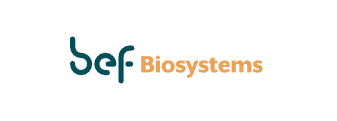
Innovative biotechnology company
PROPOSED SOLUTION: the agricultural products and organic by-products supplied by companies in the agri-food sector, appropriately processed, are used as feeding substrates for soldier fly larvae, which will be used as feed once grown. A concrete contribution of the agricultural system to the challenges of the ecological transition.
